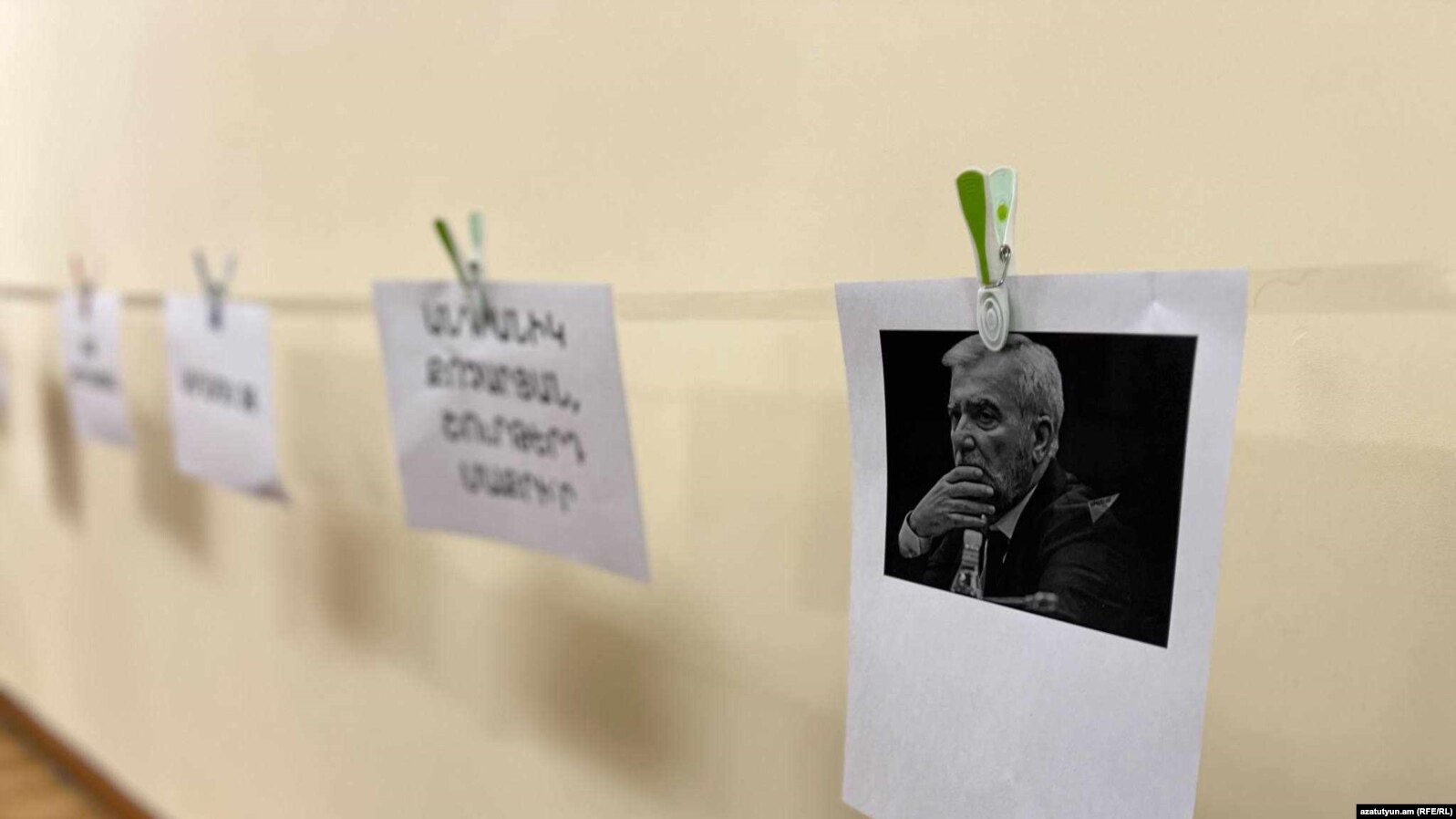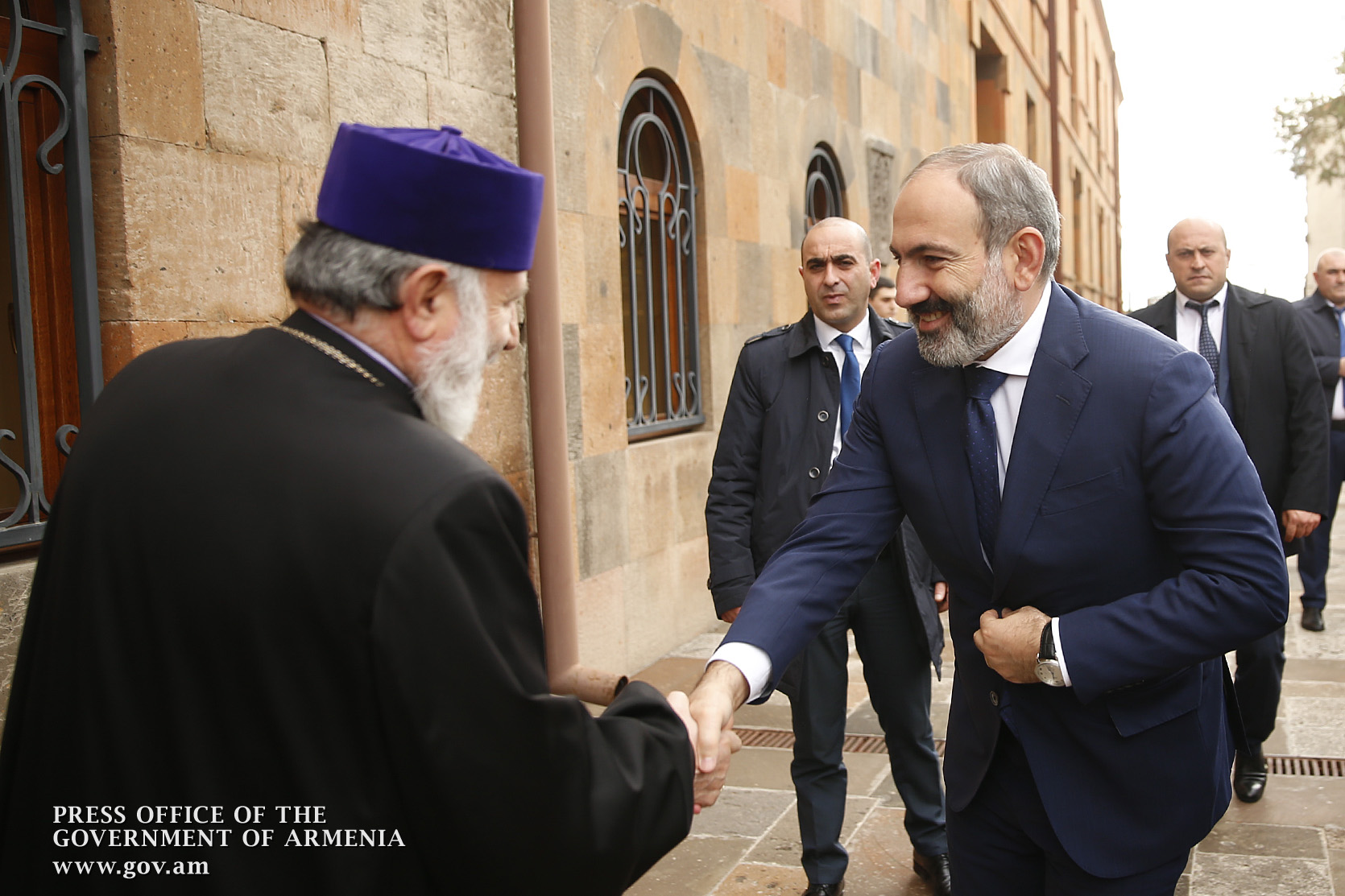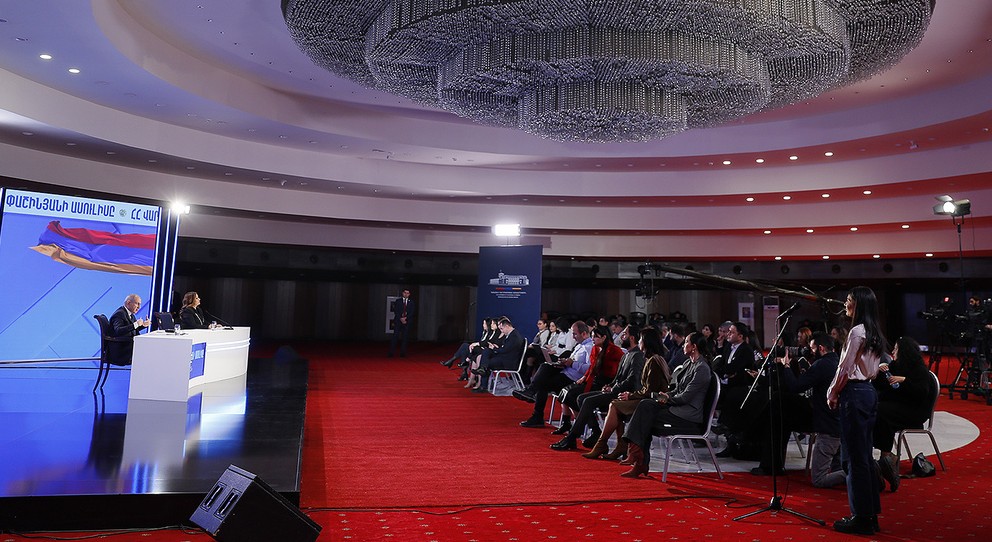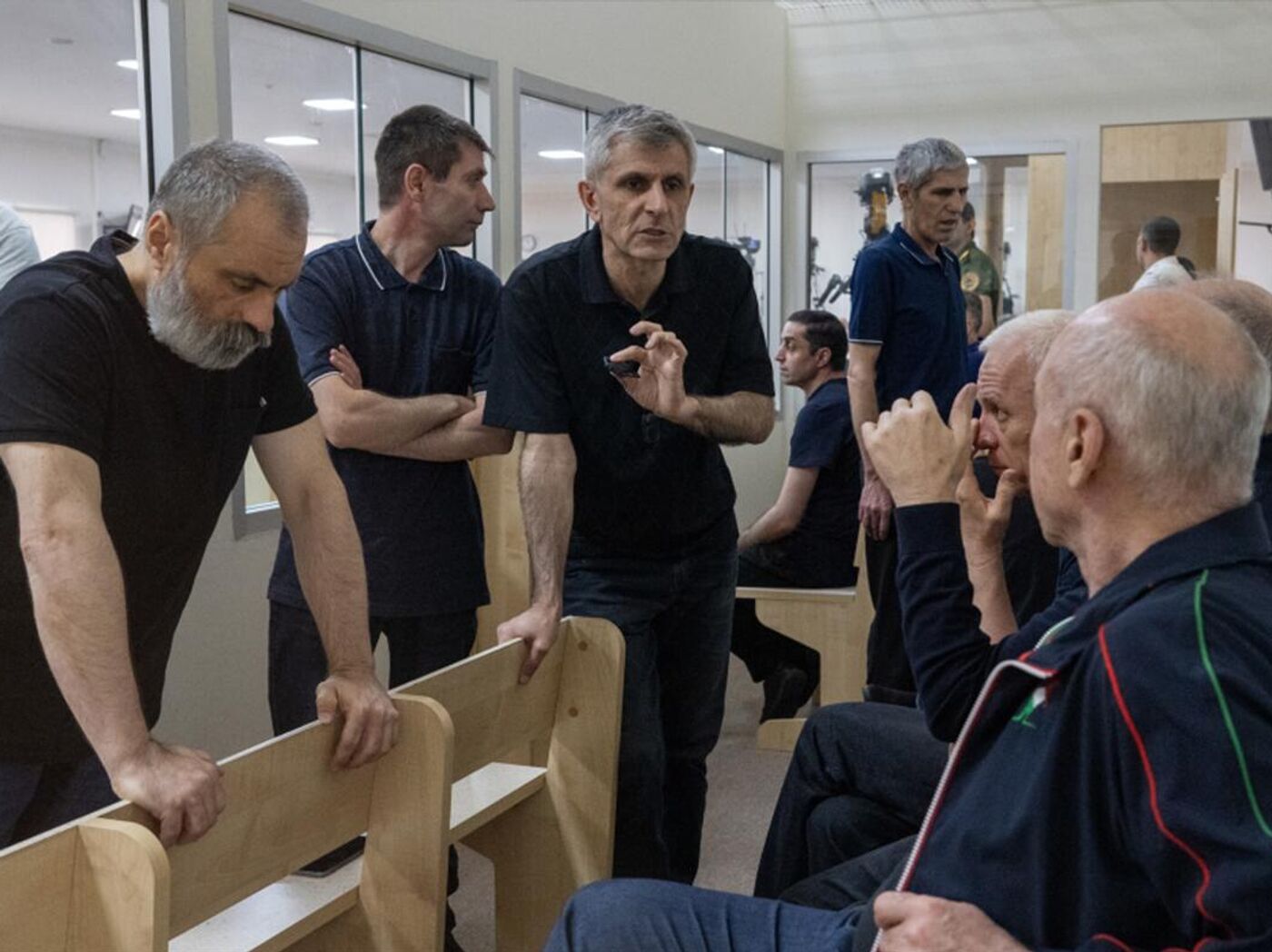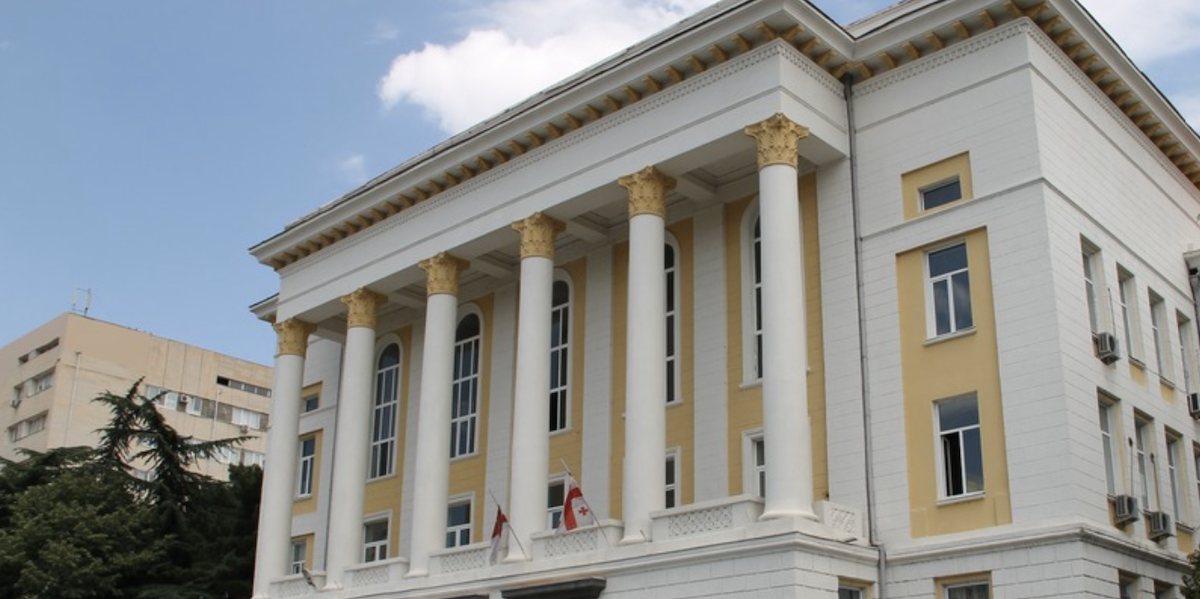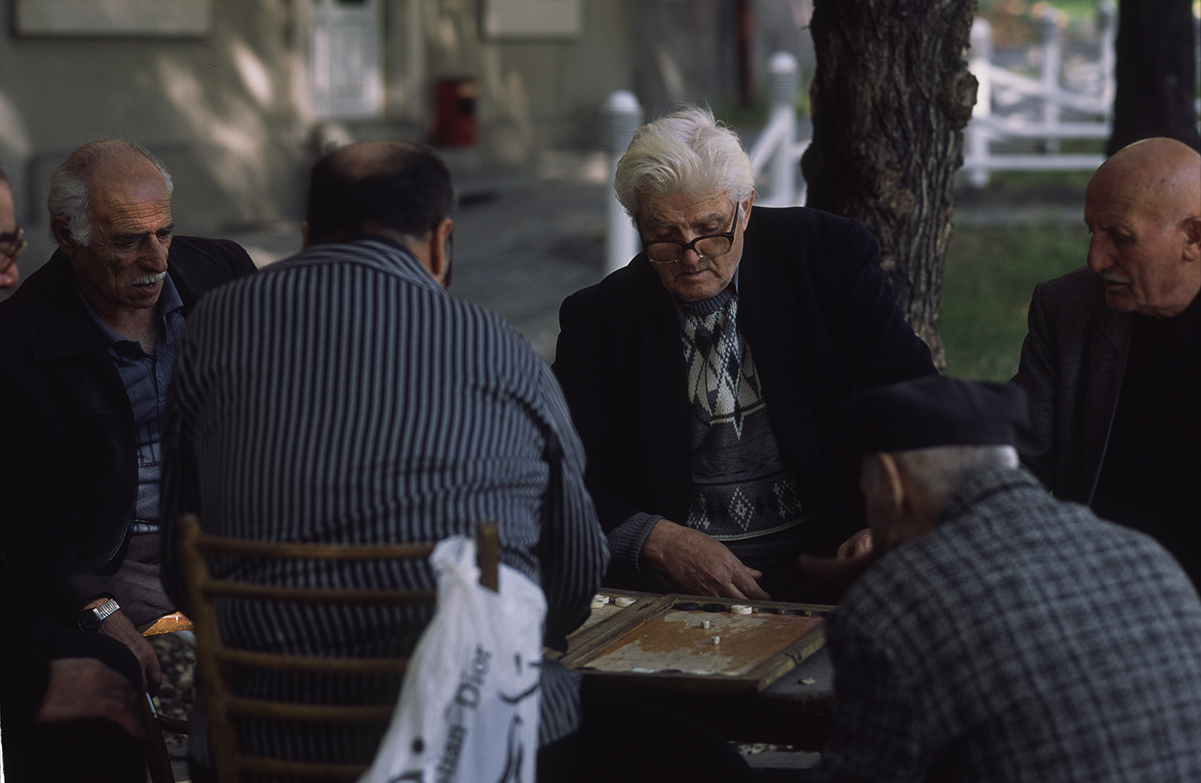29 lawsuits against media in Armenia in six months
Pressure on media in Armenia
Between April and June 2025, 36 cases of pressure on media and journalists were registered in Armenia.
“Two cases of physical violence were recorded, both committed by law enforcement officers,” said Ashot Melikyan, chair of the Committee to Protect Freedom of Expression.
He noted that, compared to the early months of the year, more violations of the right to receive and disseminate information were observed. In the second quarter alone, 39 such cases were recorded — 10 more than in the previous period.
In the first six months of 2025, 29 lawsuits were filed against media outlets and journalists. According to Melikyan, this is a “negative and worrying trend.” All 16 lawsuits filed in the past three months were related to accusations of insult and defamation. Among the plaintiffs were three current or former officials and two political figures.
- Pashinyan remains Armenia’s most trusted politician, but his approval rating has declined: IRI poll
- Arrested Russian-Armenian businessman Samvel Karapetyan forms a political party
- “Silence the enemy’s voice”: Protesters in Armenia demand shutdown of Russian TV channels
Tension in domestic politics and media
Ashot Melikyan described the monitoring period conducted by the Committee to Protect Freedom of Expression as tense in both social and political terms. He attributed this to the disclosure and prevention of an attempted coup in Armenia. He also noted that the arrests of Russian businessman Samvel Karapetyan and two high-ranking clergymen further fuelled heated public discussion.
The media expert believes the tense political climate once again revealed the polarisation of the media landscape:
“The vast majority of media outlets are directly affiliated with political forces and benefit from their patronage. Unfortunately, public interest has once again taken a back seat. Very few outlets provided a balanced view that reflected the positions of both political camps.”
According to Melikyan, representatives of opposition-affiliated media have highly strained relations with deputies and officials from the ruling party, while journalists aligned with the authorities likewise face difficulties interacting with opposition figures.
Obscene language in the media is also a reaction to the prime minister’s social media posts
According to Ashot Melikyan, obscene expressions have spread across the entire media landscape and society. He believes this is also due to the way the authorities and their close associates present themselves.
“The expressions Pashinyan and his wife use in response to insults against them are, for me, fundamentally unacceptable. I condemn this stance. I feel ashamed when I read their comments,” he says.
The expert argues that the country’s leader and his spouse should be more restrained.
“They should respond to everything with a certain degree of self-control so that society follows the example of the political elite. Meanwhile, this kind of language has now become commonplace for everyone — from the prime minister to an ordinary social media user.”
In Melikyan’s opinion, the current situation is a direct path to societal degradation and regression.
The authorities speak of progress, ignoring the criticism
The head of the Committee to Protect Freedom of Expression recalled the annual report by Reporters Without Borders. Experts from the organisation reported progress by Armenia in the World Press Freedom Index. Compared to the previous year, the country moved up 9 places — from 43rd to 34th.
Ashot Melikyan noted that the authorities eagerly shared this news but ignored the criticism mentioned in the same report:
“In particular, the report specifically stated that Armenia is facing an unprecedented level of disinformation and hate speech. This is a reality that must be acknowledged and addressed.”
New bill to allow the removal of insults from publications upon request
Melikyan also touched on the issue of “improving the atmosphere on social media.” He spoke about upcoming legislative changes. The ministry of justice has drafted a new bill that would allow courts to consider defamation and insult cases not only when they appear on media platforms but also when spread by any user on social media.
The expert is confident that this does not threaten the right to free expression, since “swearing has nothing to do with freedom of speech.”
Moreover, the bill will make it possible to demand the removal of insults from publications.
“Until now, both the civil code and the law on mass media allowed a defamed person to demand a retraction or use the right of reply. Now, the affected person will also be able to request the removal of the publication,” he explained.
According to Melikyan, “the enforcement of a removal request should be strictly proportionate.” In other words, only the insulting part should be removed — not the entire content:
“It’s possible that a very objective critical article contains just one offensive expression. In that case, only that part should be deleted.”
Follow us – Twitter | Facebook | Instagram
Pressure on media in Armenia










